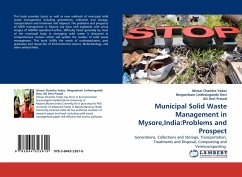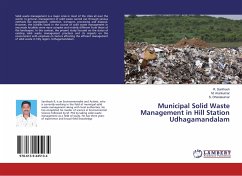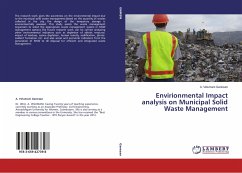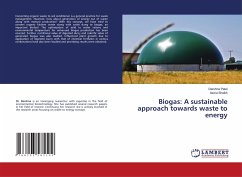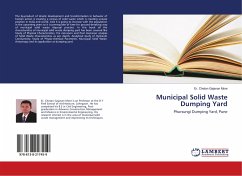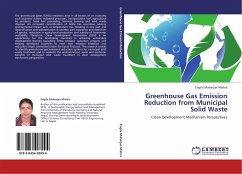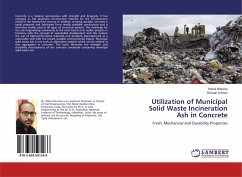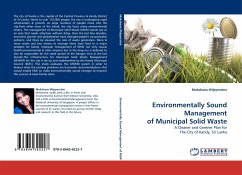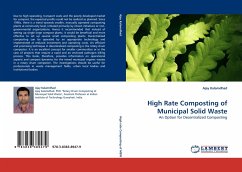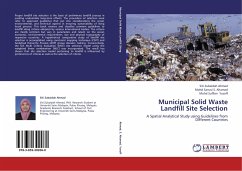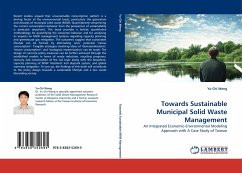
Towards Sustainable Municipal Solid Waste Management
An Integrated Economic-Environmental Modeling Approach with A Case Study of Taiwan
Versandkostenfrei!
Versandfertig in 6-10 Tagen
45,99 €
inkl. MwSt.

PAYBACK Punkte
23 °P sammeln!
Recent studies argued that unsustainable consumption pattern is a driving factor of the environmental loads, particularly the generation and discards of municipal solid waste (MSW). Quantitatively reexamining the current consumption behavior from the perspective of sustainability is particular important. This book provides a holistic quantitative methodology for quantifying the consumer behavior and for analyzing its impacts on MSW management systems regarding capacity planning and greenhouse gas mitigation. The outcomes suggest that sustainable lifestyle can be formed by eliminating ones pote...
Recent studies argued that unsustainable consumption pattern is a driving factor of the environmental loads, particularly the generation and discards of municipal solid waste (MSW). Quantitatively reexamining the current consumption behavior from the perspective of sustainability is particular important. This book provides a holistic quantitative methodology for quantifying the consumer behavior and for analyzing its impacts on MSW management systems regarding capacity planning and greenhouse gas mitigation. The outcomes suggest that sustainable lifestyle can be formed by eliminating ones potential "excess consumption". Tangible strategies involving ideas of "dematerialization", "slower consumption", and "ecological modernisation" can be made. The design of concrete policy measures can be further achieved through the established models in terms of waste reduction, recycling programs, recovery and conservation of the soil layer along with the biosphere, capacity planning of MSW treatment and disposal system, and global warming mitigation. To sum up, the findings of this book will contribute to the policy design towards a sustainable lifestyle and a low waste discarding society.



